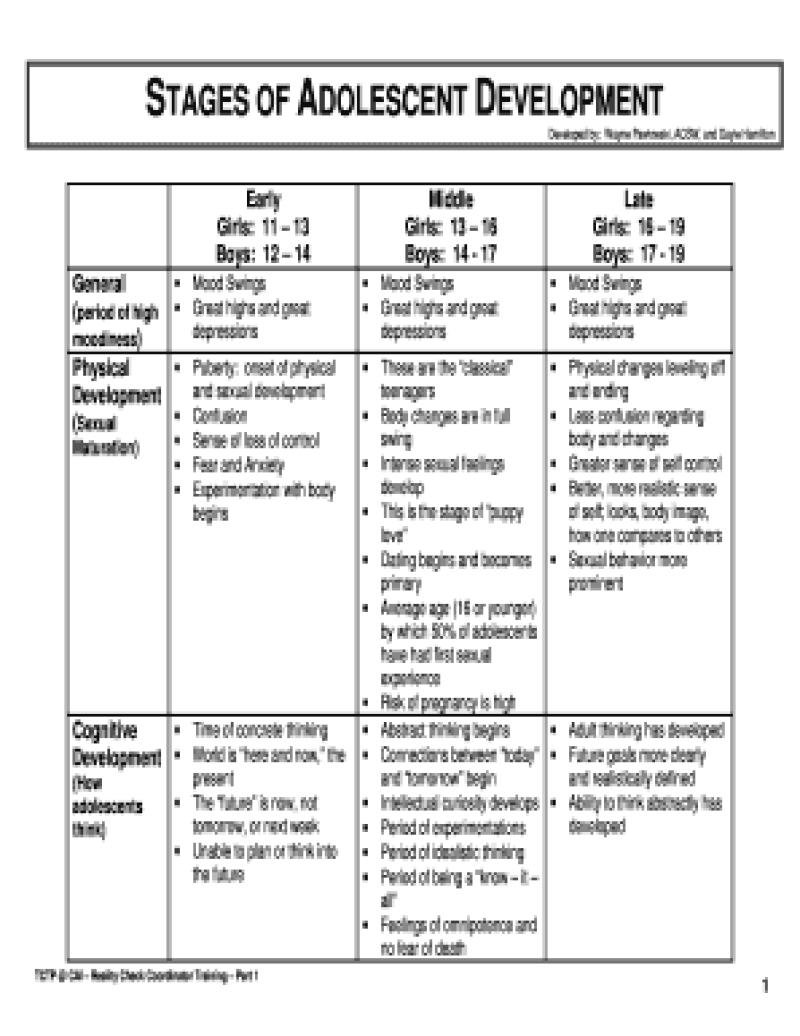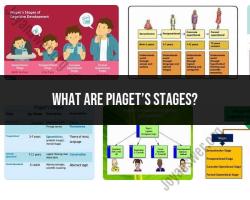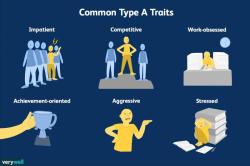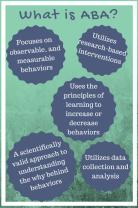What is the developmental process of a teenager?
The developmental process of a teenager involves physical, cognitive, emotional, and social changes as they transition from childhood to adulthood. Adolescence is a period of rapid growth and self-discovery. Here are some key aspects of the developmental process for teenagers:
1. Physical Development:
Puberty:
- Onset of puberty varies, but it generally occurs between ages 9 and 16.
- Rapid physical changes, including growth spurts, development of secondary sexual characteristics (e.g., breast development, facial hair), and hormonal fluctuations.
Brain Development:
- Continued brain development, particularly in the prefrontal cortex responsible for decision-making and impulse control.
- Improved motor skills and coordination.
2. Cognitive Development:
Abstract Thinking:
- Development of abstract thinking and the ability to consider hypothetical situations.
Identity Formation:
- Exploration of personal values, beliefs, and identity.
- Formation of a more mature and stable self-concept.
Decision-Making:
- Development of decision-making skills and consideration of long-term consequences.
Intellectual Growth:
- Advancement in academic and intellectual abilities.
3. Emotional Development:
Identity vs. Role Confusion:
- Erikson's psychosocial stage during adolescence, where individuals seek to establish a sense of identity.
Emotional Intensity:
- Intense emotions and mood swings.
- Development of emotional regulation and coping mechanisms.
Peer Relationships:
- Shifting focus from family to peer relationships.
- Exploration of romantic relationships.
4. Social Development:
Peer Influence:
- Increased importance of peer relationships and influence.
Social Identity:
- Exploration and understanding of cultural and social identity.
- Exposure to diverse perspectives and worldviews.
Independence and Autonomy:
- Desire for increased independence from parents.
- Development of autonomy and responsibility.
Social Skills:
- Refinement of social skills and the ability to navigate complex social situations.
5. Morality and Values:
Moral Development:
- Advancement in moral reasoning.
- Exploration and internalization of personal values.
Ethical Decision-Making:
- Developing the ability to make ethical decisions and understand moral dilemmas.
6. Identity Exploration:
Career and Future Planning:
- Exploration of career interests and future goals.
- Consideration of post-secondary education and vocational paths.
Identity Crisis:
- Periods of identity crisis and self-exploration.
Autonomy in Decision-Making:
- Gradual assumption of responsibilities and decision-making autonomy.
7. Risk-Taking Behavior:
- Risk and Experimentation:
- Engagement in risk-taking behaviors, often as a means of exploration and asserting independence.
- Need for guidance and boundaries from adults.
8. Parent-Teen Relationships:
- Shift in Dynamics:
- Transition in parent-teen relationships from dependency to a more peer-like interaction.
- Balancing autonomy with the need for guidance and support.
9. Sexual and Gender Identity:
Sexual Development:
- Exploration and understanding of sexual orientation and identity.
- Formation of healthy attitudes towards sexuality.
Gender Identity:
- Exploration and understanding of gender identity.
10. Educational and Vocational Exploration:
Academic Challenges:
- Increased academic challenges and responsibilities.
- Exploration of personal strengths and interests.
Career Aspirations:
- Consideration of career aspirations and vocational paths.
It's essential to note that the developmental process can vary among individuals, and not all teenagers progress through these stages in the same way or at the same pace. Supportive relationships with parents, peers, and other adults play a crucial role in helping teenagers navigate this complex period of development.
What is the developmental process of a teenager, and how does it unfold?
Adolescence is a period of rapid physical, cognitive, and emotional development. Teenagers experience a number of changes, including:
- Physical changes: Teenagers go through puberty, which is a period of rapid physical growth and development. During puberty, teenagers develop secondary sex characteristics, such as breasts and pubic hair. They also experience changes in their height, weight, and body composition.
- Cognitive changes: Teenagers develop more abstract thinking skills and become able to understand complex concepts. They also develop a stronger sense of self-identity and become more independent from their parents.
- Emotional changes: Teenagers experience a range of emotions, from excitement and anticipation to anxiety and stress. They also develop a stronger sense of empathy and compassion for others.
The developmental process of a teenager unfolds in a unique way for each individual. However, there are some general trends that can be observed. For example, teenagers typically experience physical changes first, followed by cognitive and emotional changes.
How do psychologists describe the overall development and maturation of teenagers?
Psychologists describe the overall development and maturation of teenagers as a complex process that is influenced by a variety of factors, including genetics, environment, and culture.
Psychologist Erik Erikson developed a theory of psychosocial development that describes the eight stages of development that individuals go through from birth to death. Adolescence is the fifth stage of Erikson's theory, and it is characterized by the development of identity.
During adolescence, teenagers explore different aspects of their identity, such as their values, beliefs, and goals. They also develop a stronger sense of self-efficacy, which is the belief in their ability to achieve their goals.
Psychologists also describe the overall development and maturation of teenagers as a time of transition. Teenagers are transitioning from childhood to adulthood, and they are learning to become more independent from their parents. They are also developing new relationships with peers and romantic partners.
Are there specific challenges or factors that influence the developmental process of teenagers?
Yes, there are a number of specific challenges or factors that can influence the developmental process of teenagers. Some of these challenges and factors include:
- Peer pressure: Teenagers often feel pressure to conform to their peers. This pressure can lead to risky behaviors, such as substance abuse and unprotected sex.
- Academic pressure: Teenagers are often faced with high academic expectations. This pressure can lead to stress and anxiety.
- Body image issues: Teenagers are often self-conscious about their bodies. This can lead to eating disorders and other mental health problems.
- Family problems: Teenagers who experience family problems, such as divorce or abuse, are at increased risk for developmental problems.
- Mental health problems: Teenagers are at increased risk for developing mental health problems, such as depression and anxiety.
Despite the challenges they face, most teenagers successfully navigate the developmental process and emerge as healthy and well-adjusted adults.













